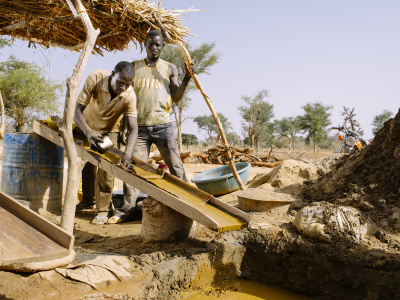
Mediation and Dialogue: Transitional Processes from Non-state Armed Groups to Political Movements/Political Parties
‘Non-state armed groups’ refers to groups who retain the potential to deploy arms for political, economic and ideological objectives, which in practice are often translated into an open challenge to the authority of the state2. In principle, non-state armed groups and political parties/movements are perceived as two opposite models of approach to democratic political processes. However, given the highly political nature of non-state armed groups’ claims, it is likely that the resolution of a conflict where such actors are involved will be found in political agreements rather than military defeat.
Non-state armed groups and their representatives are a key feature in contemporary conflicts and therefore are often inevitable parties to any peace settlement and/or negotiation process. When dealing with mediation, dialogue and facilitation in such contexts, the EU thus finds itself confronted with the issue of inclusion of current and former non-state armed actors in political processes. Peace negotiations need to be open to all relevant actors concerned however, engaging with non-state armed groups poses a series of dilemmas. If, on the one hand, the EU has to resolve the risk of interfering with domestic affairs or legitimising human rights violators, on the other it has also to ensure the participative nature of the negotiations, and ensure that the stakeholders involved put trust in the mediation.
Photo By tlupic


